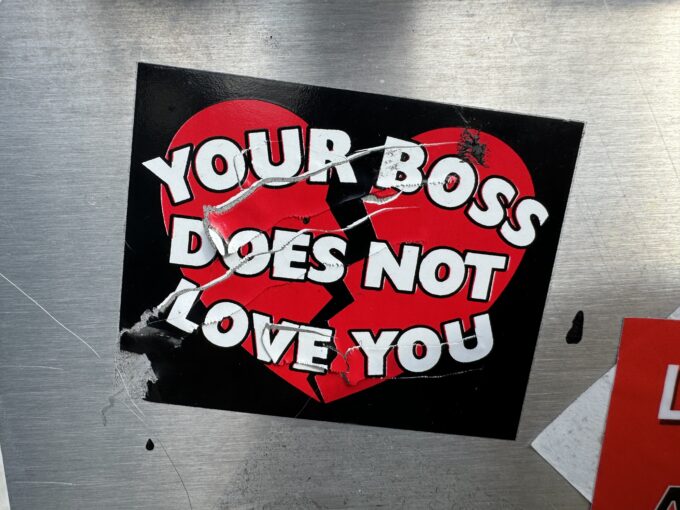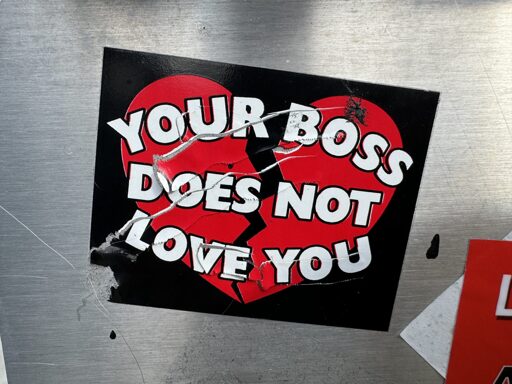
Photograph by Nathaniel St. Clair
Should your employer be allowed to ban you from taking another job? Most Americans would say that’s ridiculous — but it’s more common than you think.
When I was head of the policy office at the Federal Trade Commission (FTC), I read thousands of public comments about how employers used “noncompete clauses” to trap workers into jobs. Many people shared deeply personal stories of being stuck in abusive workplaces, enduring punishing commutes, or working for years and years without a raise.
Noncompete clauses force workers to agree not to take a job with a competitor after they leave their position. They’re often framed as tools to prevent senior executives from taking trade secrets with them. But the evidence tells a different story.
Today,one in every five workers in the United States is bound by a noncompete. That’s about 30 million Americans, most of whom are not senior executives. A2022 study from the Treasury Department found that noncompetes drag down wages across entire industries, even for workers not formally bound by them.
Noncompetes also choke off entrepreneurship and innovation by preventing former employees from launching their own businesses, often in the very fields where they have the most experience.
Consumers suffer, too. In sectors like health care, noncompetes reduce the number of available providers, leading to higher prices and longer wait times. In the final rule, the FTCfound that eliminating noncompetes in health care could save patients between $74 and $194 billion over the next 10 years.
In January 2023, the FTCproposed a rule banning these clauses. We estimated this would increase Americans’ earnings by $400–$488 billion over the next decade, with the average worker’s earnings rising approximately $524 per year. We also found that banning these clauses would help workers start thousands of new businesses and launch thousands of new patents each year.
When we put the rule before the public, roughly 25,000 out of 26,000 comments supported our ban. I wasn’t surprised.
Nor was I surprised when powerful corporate lobbyists challenged the rule in court. But now I’m worried that they’ll get help from the Trump administration, which hasn’t committed to defending the noncompete ban.
Andrew Ferguson, chair of the Federal Trade Commission (FTC) under this administration, opposed the rule when former chair Lina Khan announced it. Now he’s had six months to consider whether the agency will defend the rule in court. It’stime for him to show us if he’s really on the side of workers.
If Ferguson reverses the FTC’s position, it would reveal how this administration’s pro-worker rhetoric is just that: talk. It would fit a larger pattern of deregulating corporations at the expense of workers, consumers, and small businesses, ultimately undermining people’s faith in the government’s ability to serve them.
Failing to defend the noncompete ban would fall into this administration’s broader pattern of protecting corporate power while leaving working people behind. We’ve seen the same story withefforts to weaken the Consumer Financial Protection Bureau, gut banking safeguards, and dismantle regulatory agencies under the guise of “efficiency.”
The result is an economy that is freer for financiers and monopolists and more precarious for everyone else.
The FTC’s rule is backed by overwhelming evidence, broad public support, and a clear legal mandate. If the administration chooses to walk away from it, it will not only deny workers a core economic freedom and make the economy less fair, dynamic, and competitive. It will also expose leaders in government who have no idea whatworking people really deal with — and have no interest in helping them.
The post Employers Want to Trap You in Dead-End Jobs. Will Trump’s FTC Let Them? appeared first on CounterPunch.org.
From CounterPunch.org via this RSS feed


